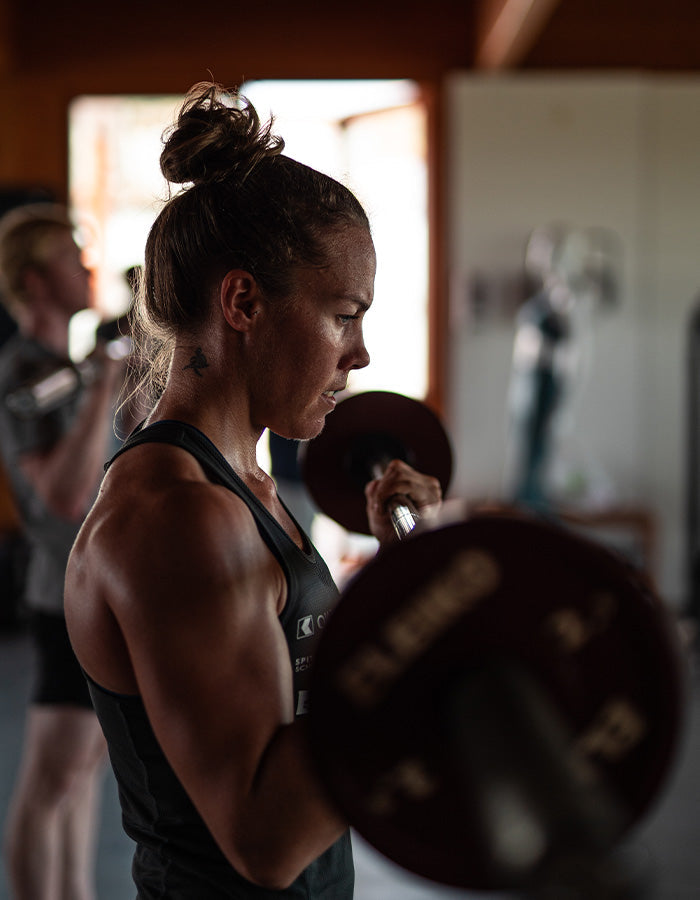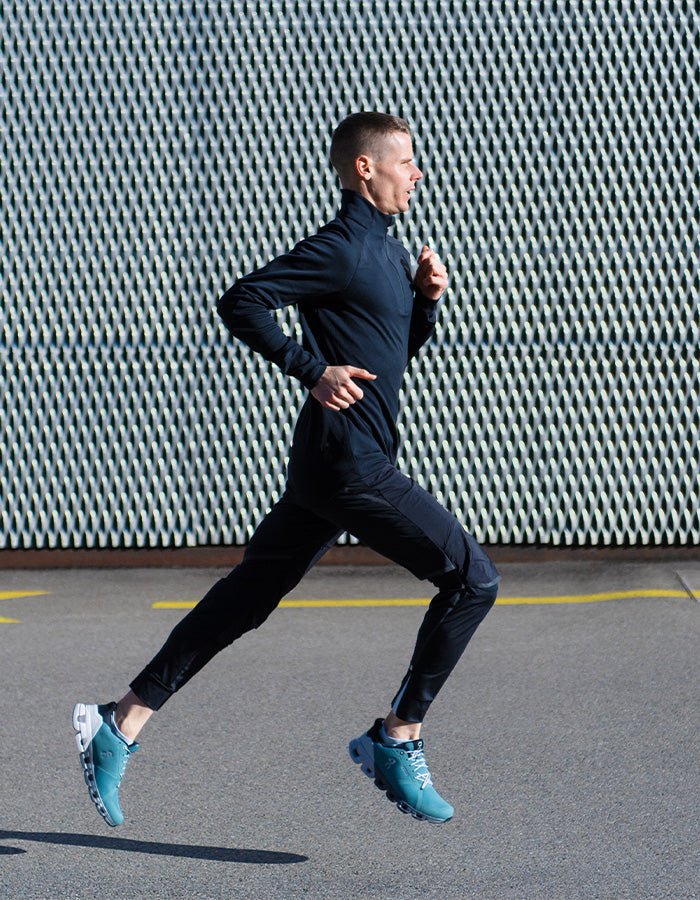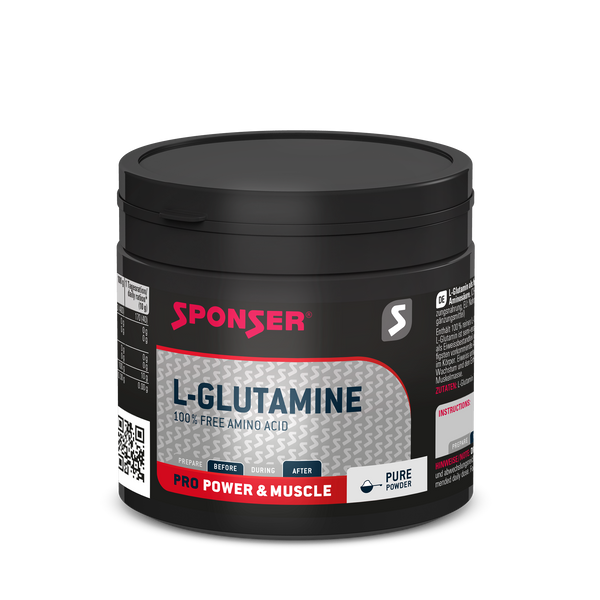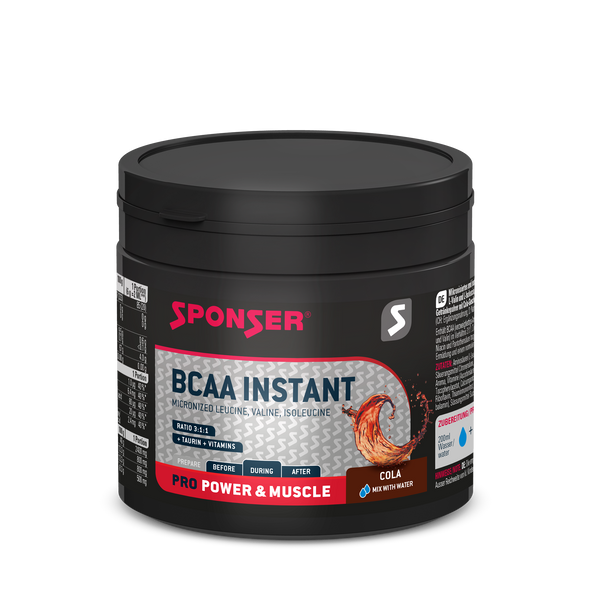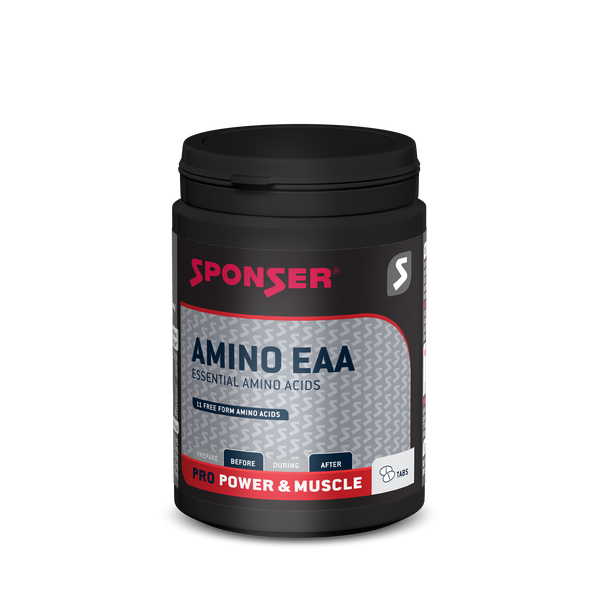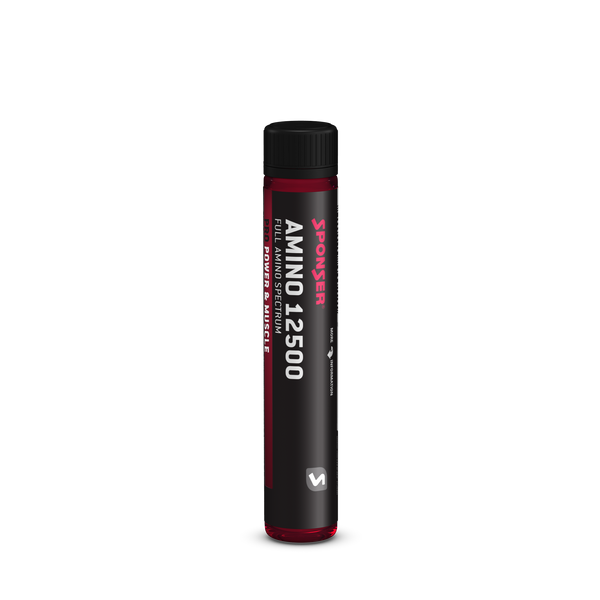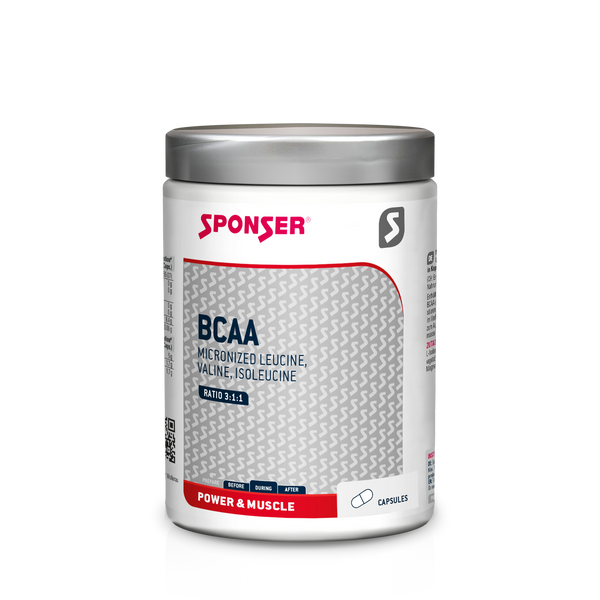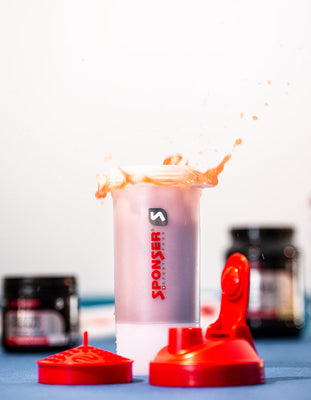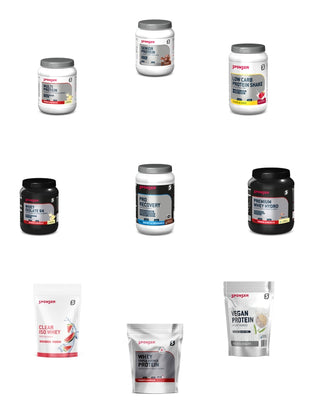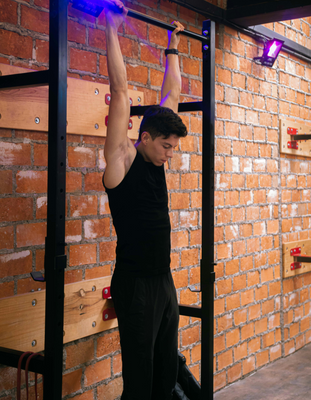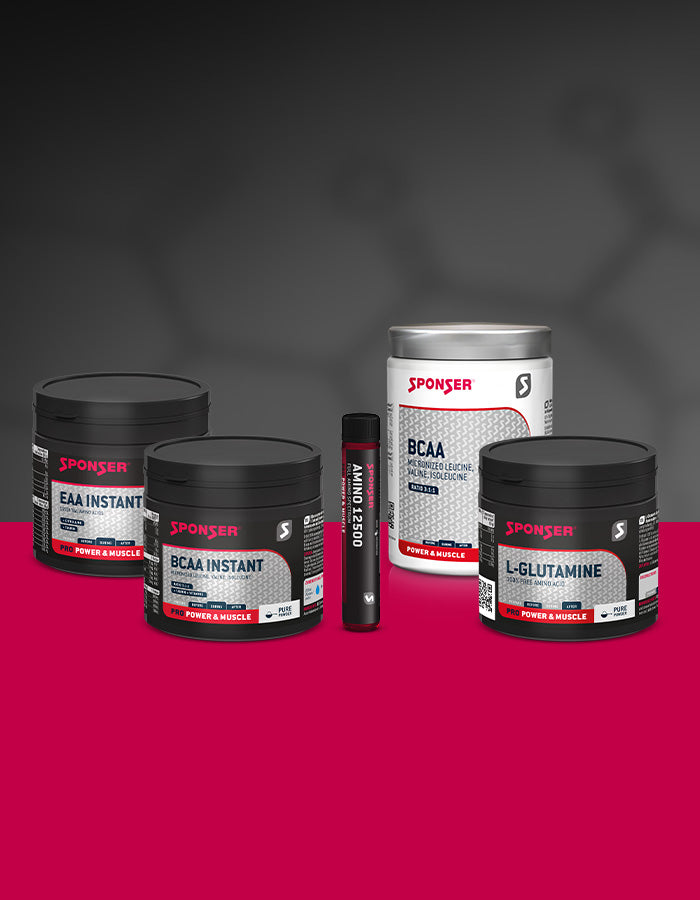
What are amino acids and what do they do in human body?
Amino acids serve as the fundamental building blocks of proteins, forming the foundation of both the human body and life itself. They play a crucial part in tissue formation and repair, nerve signal transmission, metabolism, immune system support, energy production, pH regulation, as well as other vital physiological processes within the body.
Why are essential amino acids important?
Some amino acids (non-essential amino acids) can be produced by the body itself, while others - the essential amino acids - must be supplied through food so that the body is able to maintain all functions in the organism.
What are the benefits of amino acids in sports?
Amino acids for muscle building, regeneration and muscle maintenance
As building blocks of protein, amino acids are crucial for muscle building and tissue repair. After intensive training, they help to repair damaged muscle tissue and support muscle growth. In particular, the so-called branched-chain amino acids (BCAA) leucine, isoleucine and valine are often associated with better recovery after training. Leucine is of key importance for the initiation of muscle protein synthesis and thus for the development and maintenance of muscle mass.
Amino acids against muscle loss
During intensive physical activity, especially endurance or strength training, the body uses muscle protein as an energy source and thus metabolises the muscle. An sufficient intake of energy and amino acids, for example in the form of BCAA, can help to minimise muscle loss.
Amino acids for the immune system
Some amino acids, especially L-glutamine, support the immune system as they are metabolised during infections, illnesses and injuries and serve as food for the intestinal microflora. After intensive training or in stressful situations, the body is prone to infections. Sufficient intake of high-quality proteins directly after training supports the immune system.
Amino acids for better athletic performance
Amino acids can help to optimise athletic performance and support the ability to regenerate in endurance and strength sports.
Amino acids as a source of energy
Certain amino acids can serve as an additional source of energy during long or intense physical activity by being converted into glucose.
Amino acids from SPONSER: effective use for higher performance in sports
• Add L-GLUTAMINE and/or neutral BCAA INSTANT to you protein and recovery shakes to support regeneration, the immune system and muscle breakdown.
• For strength and endurance training, add neutral BCAA INSTANT to sports drinks or protein shakes to delay the breakdown and maintain muscle mass.
• Use AMINO EAA tablets with essential amino acids during strength and endurance training to support muscle building and maintenance. AMINO EAA combine all essential amino acids with a low calorie intake.
• AMINO 12500 provides 12.5 g of amino acids in the fastest available form. Strength athletes take one ampoule shortly before training and/or in combination with a conventional protein shake after training. Endurance athletes are recommended to take a shot every two to three hours during exercise (cycling, marathon training, long runs, etc.) or immediately after hard training sessions to support regeneration. Important: Test the tolerance under physical activity beforehand.


